
Book now for RKEDF training in May 2025
Click on the titles to find further details and book your place
Introduction to RED – The Research & Enterprise Database
Wednesday 7th May 13:00-13:45 – online
This session is aimed at all academics to provide an overview of the Research & Enterprise Database. Including how to access the system, the information available to view, budget management via RED, and how to use RED to identify your supporting pre and post award officers.
ECR Ethics – Clinical research governance
Monday 19th May 11:00-12:00 – online
The processes surrounding implementing clinical research in the NHS can often be quite daunting, however there is plenty of guidance and advice on offer to help guide you in this should you require. This session will develop your understanding of the governance requirements when carrying out clinical research and help you explore the first steps in seeking approval.
ECR Ethics: Values, standards and BU process – Q&A
Monday 19th May 12:00-13:00 – online
Ethical implications arising from your research design, methodology, conduct, dissemination, archiving, future use and sharing of data produced should all be considered at the before and throughout your research. Careful reflection and planning in relation to research ethics should not only benefit participants but enhance the quality of your research. This Q&A allows you to discuss your ethical considerations with research ethics panel members to further your insights into this important area of being a researcher.
Developing Policy Engagement for Impact
Friday 30th May – 09:30-13:00 – in person
Are you preparing an impact case study for REF 2029? Do you need expert advice on navigating the policy landscape to ensure your research reaches decision makers? If so, this workshop is perfect for you. Carys Davis, a public affairs and policy consultant from The Other Place Public Affairs Ltd., will lead this workshop. RDS’s Impact Team will be present to offer support and guidance. This workshop is primarily aimed at researchers working on impact case studies for REF 2029, who will be given priority for registration. If you’re unsure whether this is suitable for you, please consult your UOA impact champion
Horizon Europe 2025
The European Commission has announced Horizon Europe 2025 Information Days to help applicants prepare proposals for Horizon Europe 2025 calls. Most events are scheduled to take place in May 2025. Please see further details on the BU Research Blog: BU Research Blog | Horizon Europe info days 2025 | Bournemouth University (the blog post has been recently updated)
Epigeum Research Skills Toolkit
Do you want to refresh your researcher skills? Have a look at the Epigeum Research Skills Toolkit (on demand online modules). Further information on how to access Epigeum courses can be found here.
Links for further RKE information and support are below:
RKE SharePoint page: RKE – Home
RKEDF SharePoint for development opportunities: Research and Knowledge Exchange Development Framework RKEDF – Home
RKEDF Brightspace: Homepage – Research & Knowledge Exchange Development Framework
Please help us in avoiding any waste of resources; make sure you can attend or cancel your booking prior to the session. For any further information, please contact RKEDF@bournemouth.ac.uk
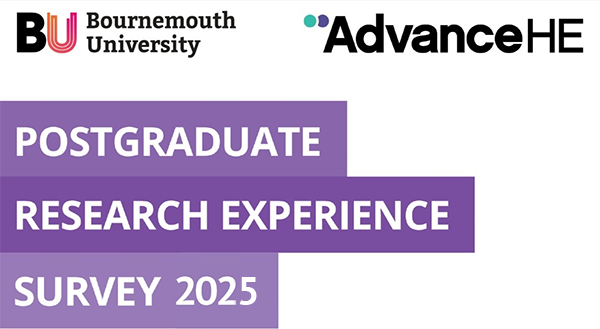

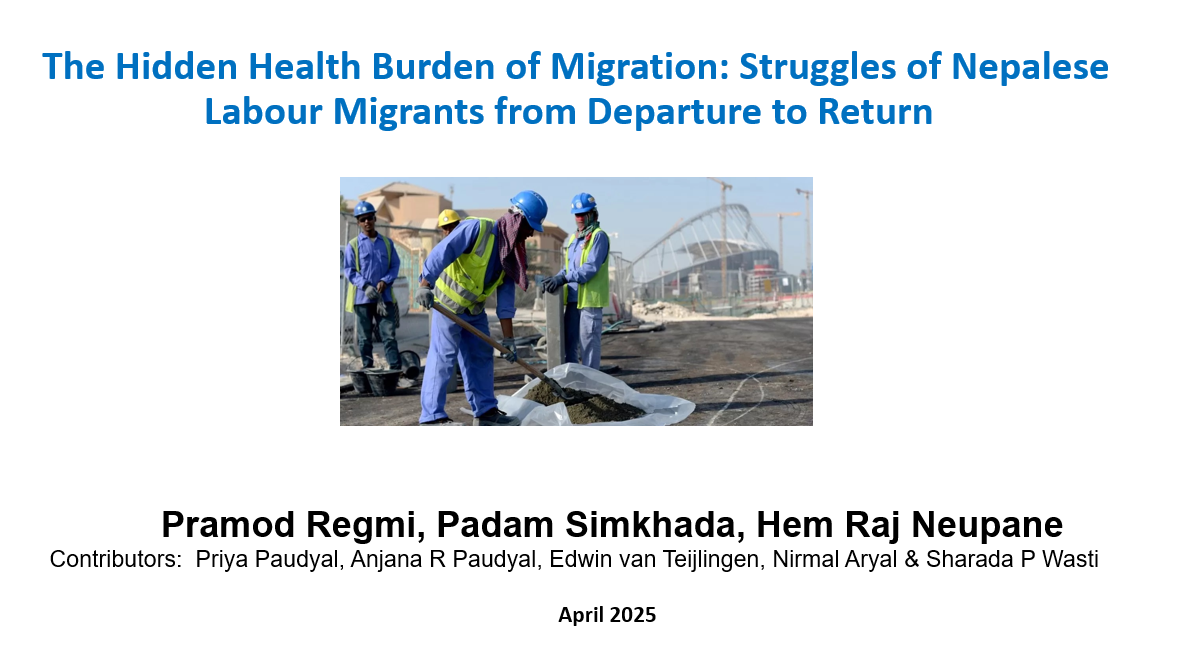


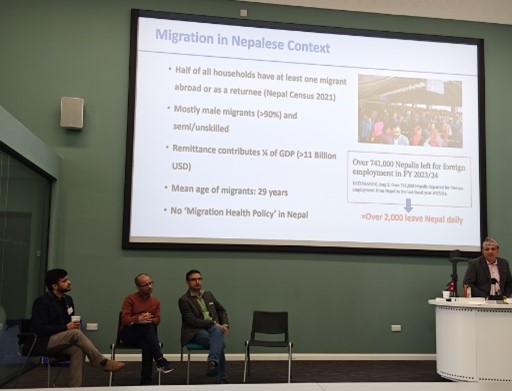

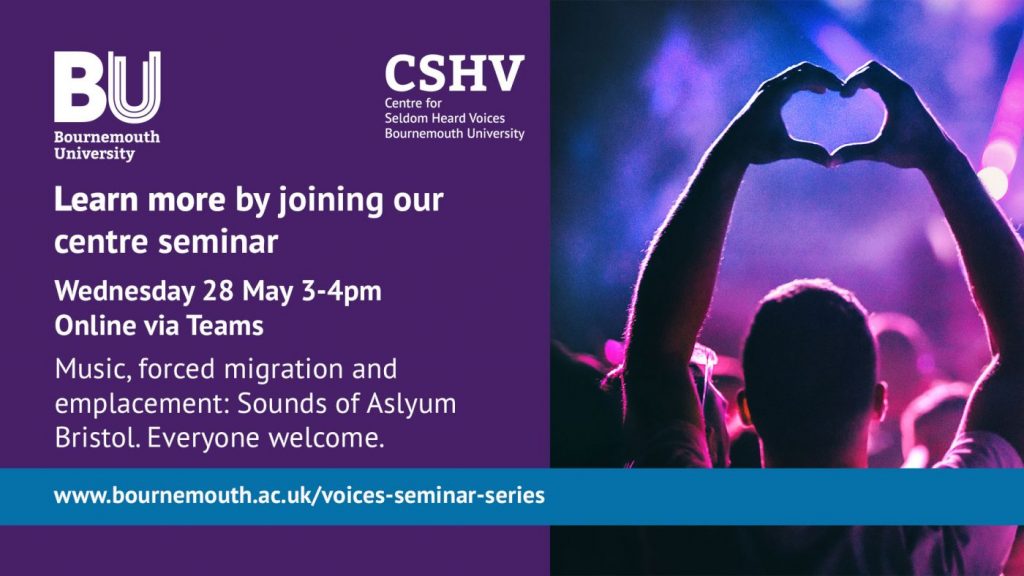





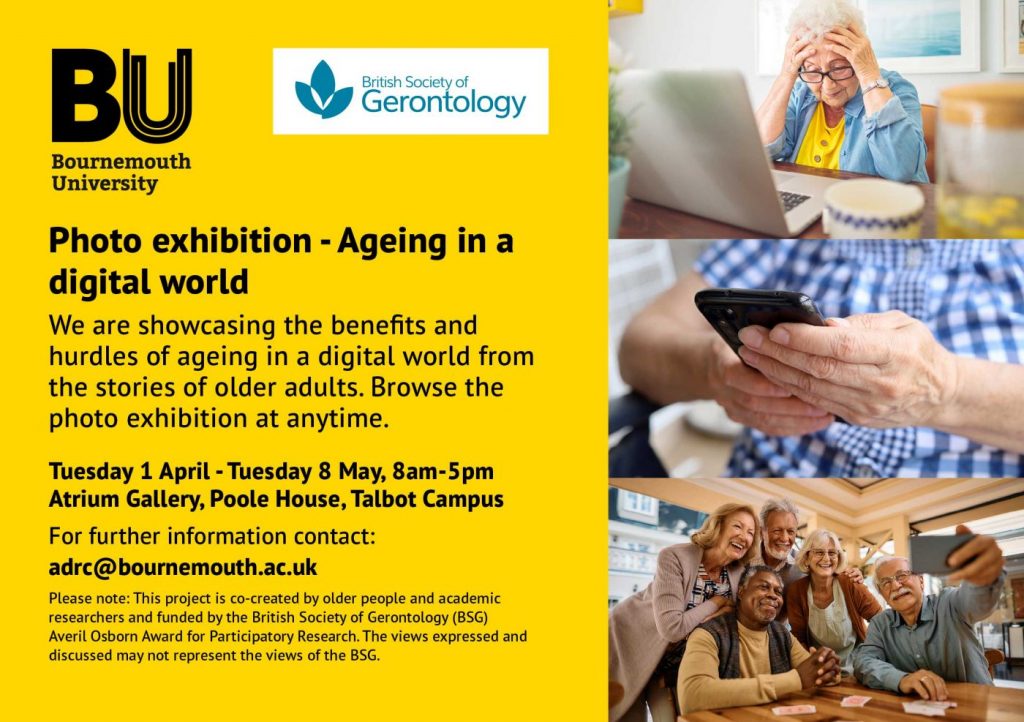
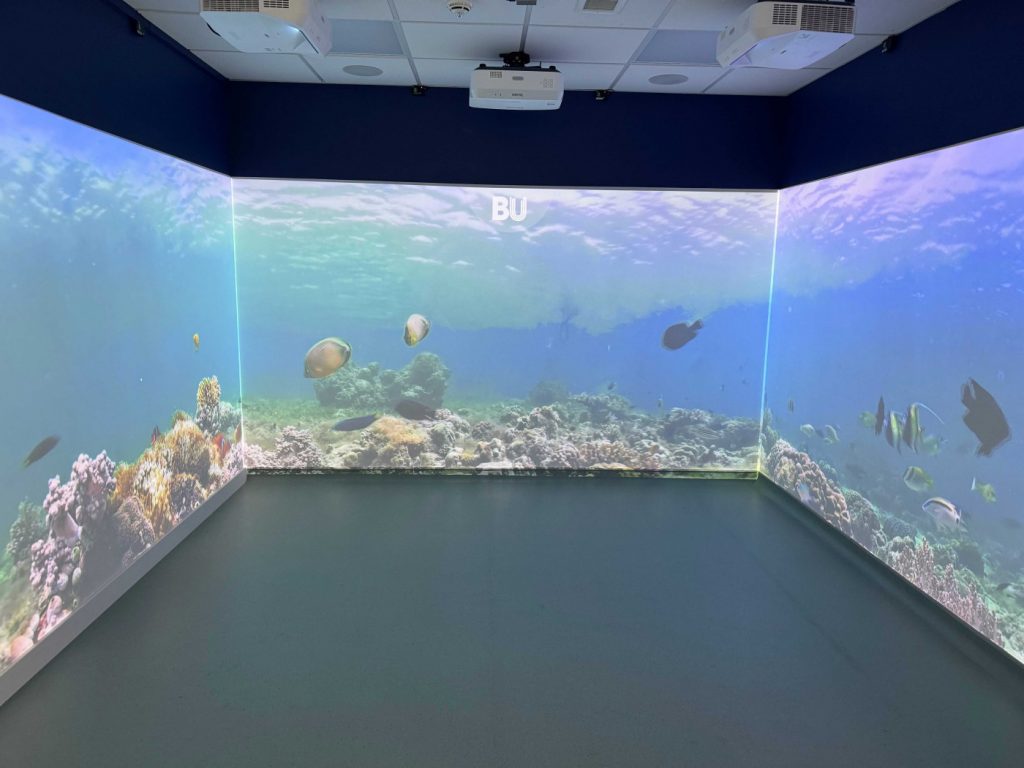
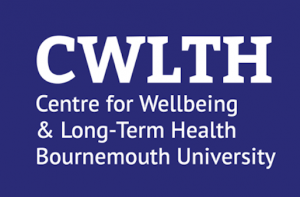

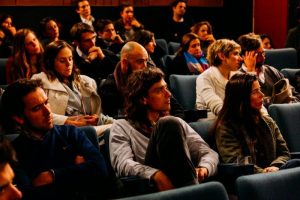
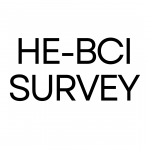 Find your faculty table
Find your faculty table
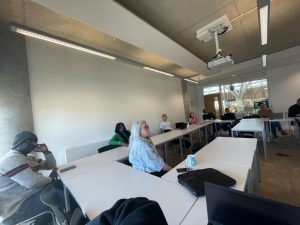
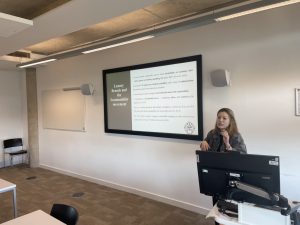
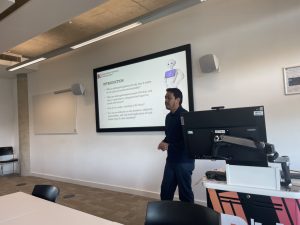
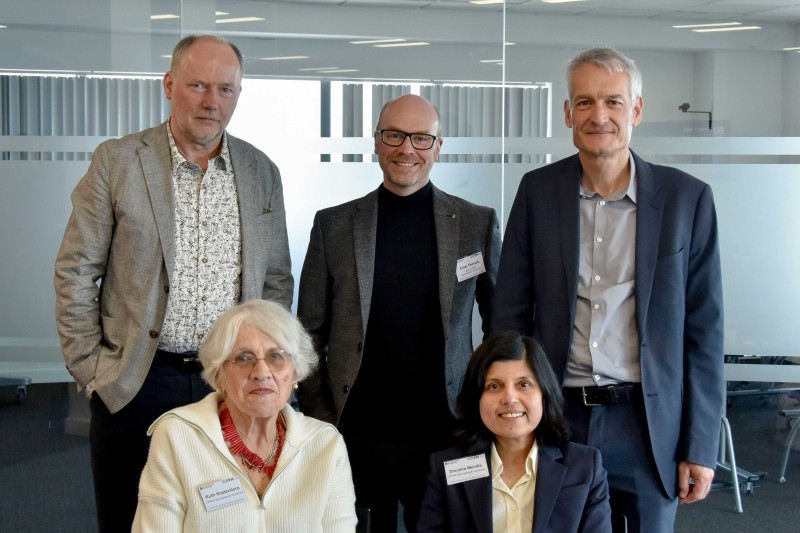
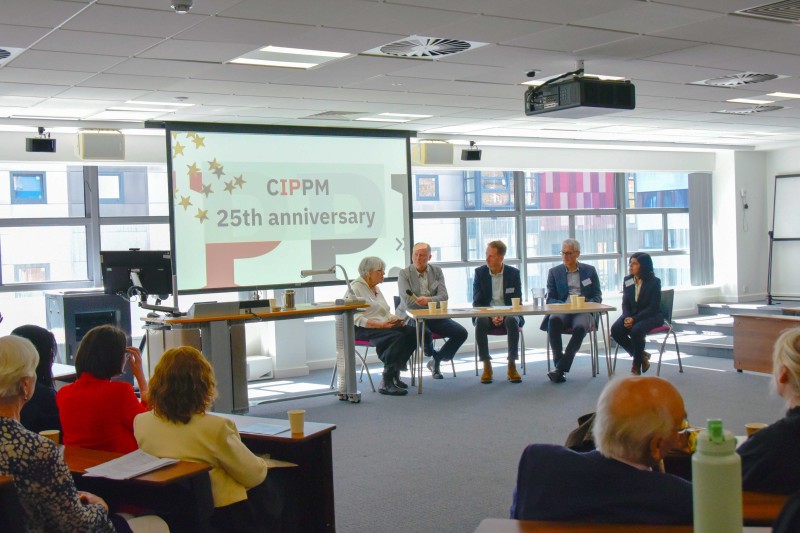











 From Sustainable Research to Sustainable Research Lives: Reflections from the SPROUT Network Event
From Sustainable Research to Sustainable Research Lives: Reflections from the SPROUT Network Event REF Code of Practice consultation is open!
REF Code of Practice consultation is open! BU Leads AI-Driven Work Package in EU Horizon SUSHEAS Project
BU Leads AI-Driven Work Package in EU Horizon SUSHEAS Project ECR Funding Open Call: Research Culture & Community Grant – Apply now
ECR Funding Open Call: Research Culture & Community Grant – Apply now ECR Funding Open Call: Research Culture & Community Grant – Application Deadline Friday 12 December
ECR Funding Open Call: Research Culture & Community Grant – Application Deadline Friday 12 December MSCA Postdoctoral Fellowships 2025 Call
MSCA Postdoctoral Fellowships 2025 Call ERC Advanced Grant 2025 Webinar
ERC Advanced Grant 2025 Webinar Update on UKRO services
Update on UKRO services European research project exploring use of ‘virtual twins’ to better manage metabolic associated fatty liver disease
European research project exploring use of ‘virtual twins’ to better manage metabolic associated fatty liver disease